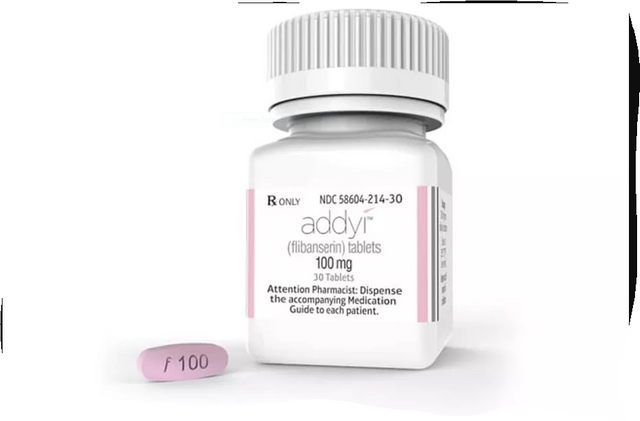Three years ago, the US Food and Drug Administration approved Addyi, a so-called “female Viagra” pill intended to increase a woman’s libido. The decision was controversial, and Addyi didn’t sell well, partly due to problems with its manufacturer. Now, Addyi has been relaunched. It’s half the price and easily available online — two moves that make it likely this ill-advised pill will be even more harmful. When it comes to issues of sexual desire, expanding access to a bad pill is a bad solution.
First things first: “Female Viagra” is a catchy term, but Addyi is not a female Viagra. Viagra increases blood flow and makes it physically easier for men to have sex. A female Viagra, then, would make it more physically comfortable for women to have sex; we call this “lube.” Instead, Addyi is a failed depression drug that is supposed to work on the mind and increase female desire.
There were plenty of reasons not to support Addyi the first time around. For instance, women must take the drug every single day and not drink alcohol (and the alcohol safety was mostly tested on men). It treats a condition called hypoactive sexual desire disorder that has been removed from the Diagnostic and Statistical Manual of Mental Disorders. Even the best-case payoff is small: after abstaining from alcohol and experiencing side effects, women reported about one more “sexually satisfying event” per month.
This time around, you can get all these “great” perks from the privacy of your own home by calling a hotline and getting a quick consultation, diagnosis, and prescription. The pill itself aside, there are many factors to address when it comes to prescribing fixes for someone’s sex life, and a hotline is not good enough. This type of online diagnosis for a complicated issue is fast, efficient, and wrong.
Proponents of Addyi say that a mismatch of libido is common in relationships and can cause enormous distress. This is true, and I am not categorically against a pill that increases libido. I would be okay with a desired pill that is effective, safe with minimal side effects (and no caveats like the alcohol ban), and carefully prescribed by an expert who also takes larger relationship issues into account.
Addyi is not that pill, and this online prescription model is the opposite of evaluating a relationship holistically. While hormones and physical factors affect sexual desire, so do interpersonal issues. Sometimes, people don’t want to have sex because they’ve just had a child, because their partner is abusive, or because communication is strained. These are all issues that have nothing to do with neurotransmitters. A doctor in a quick phone consultation will not be able to recognize these issues (and will likely be incentivized to diagnose a medical condition). A pill does not fix these social problems; only time and education do. These solutions take time, but they’ll go a lot further toward solving problems.
Even if Addyi bombs again, the push for the desired drug isn’t going away because there’s too much money to be made. Viagra has brought in billions for its manufacturer over the years, and the drug company that creates an effective pill that increases female desire will strike gold. Pills and online prescriptions are meant to be efficient, and everyone wants an efficient solution to sexual problems.
But “efficiency” should not be the top concern when it comes to sexual desire, a thorny issue that is inherently intertwined with culture. Scholars such as Thea Cacchioni, a gender studies professor at the University of Victoria, have written extensively about how pharma companies in search of profit push us to believe that people are “broken” if their sex drive doesn’t fit within a very narrowly and culturally determined defined range. The more we believe we have a condition, the easier it is for these companies to sell us drugs. Add that incentive to all the cultural baggage around sex and how much to have it and how to have it, and it’s clear that low sexual desire and sexual dysfunction are not issues served by simple tech solutions and online diagnoses. They must always be evaluated in the larger context, not fought with a quick phone call and a daily pill.

Hi! I am a robot. I just upvoted you! I found similar content that readers might be interested in:
https://www.theverge.com/2018/6/13/17458608/female-viagra-addyi-flibanserin-sex-fda-health
Downvoting a post can decrease pending rewards and make it less visible. Common reasons:
Submit